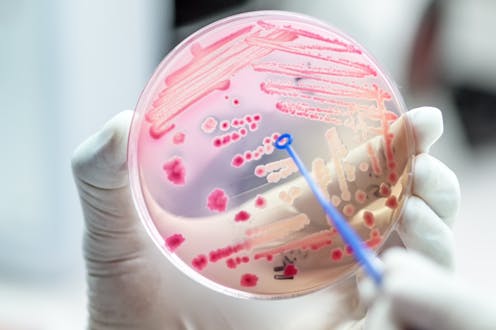
Almost since antibiotics were first discovered, we’ve been aware bacteria can learn how to overcome these medicines, a phenomenon known as antimicrobial resistance.
The World Health Organization says we’re currently losing to the bugs, with resistance increasing and too few new antibiotics in the pipeline.
We wanted to know whether experts around the world think we will still have effective antibiotics in 50 years. Seven out of seven experts said yes.

André O. Hudson receives funding from the National Institutes of Health.
Lori L. Burrows receives research grants from the Canadian Institutes of Health Research, the Natural Sciences and Engineering Research Council of Canada, Glyconet, and the Ontario Research Fund.
Roy Robins-Browne has received funding from The Australian National Health and Medical Research Council, The Australian Research Council, the Bill and Melinda Gates Research Foundation and The US National Institutes of Health.
Fidelma Fitzpatrick, Juliana Côrrea, Raúl Rivas González, and Yori Yuliandra do not work for, consult, own shares in or receive funding from any company or organisation that would benefit from this article, and have disclosed no relevant affiliations beyond their academic appointment.
This article was originally published on The Conversation. Read the original article.







